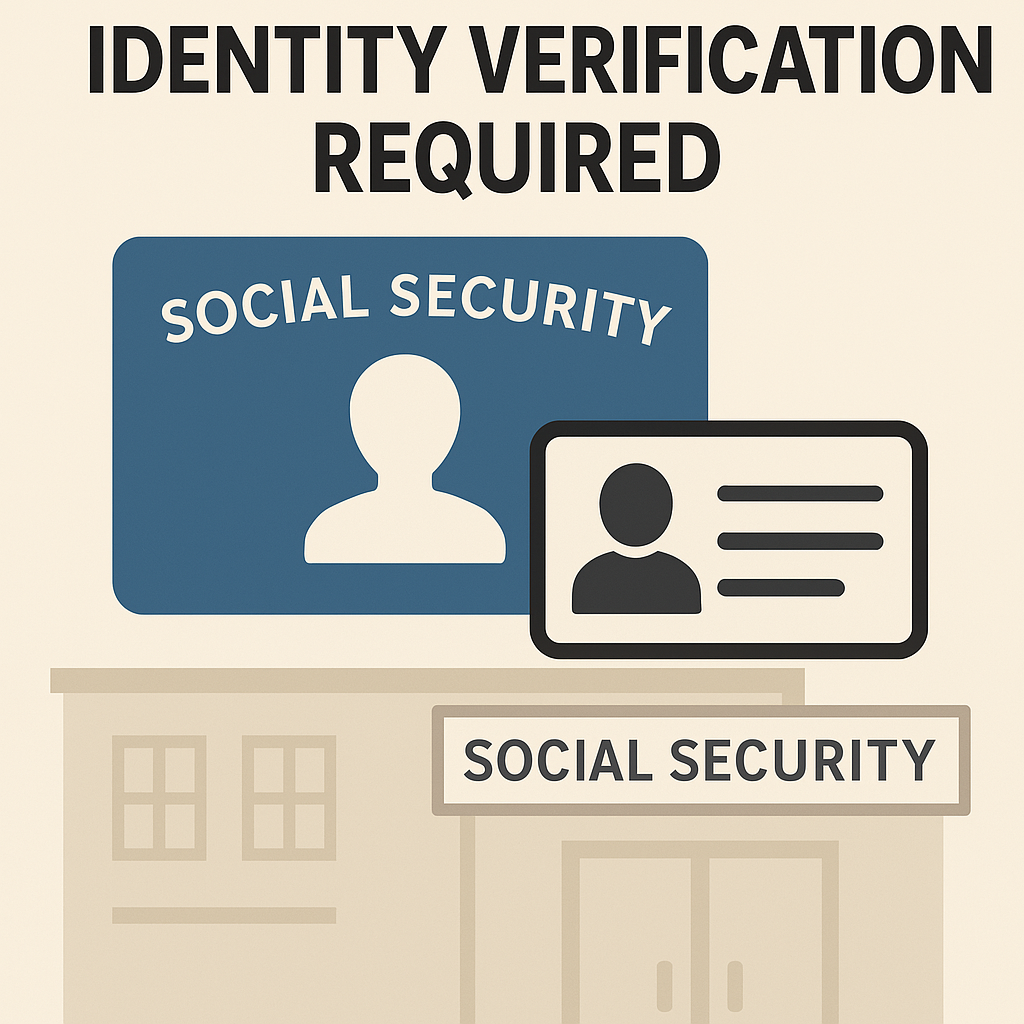A little planning and saving now can deliver great returns for your family when children head off to college. If you are planning to fully or partially assist your child or grandchild with their tuition, consider these options to leverage every dollar effectively.
Coverdell Savings Account – Often called an “Education IRA”, the misnomer arises from the limited amount of contributions per recipient ($2000 per year) and the fact that investments grow tax-free until distributed for education expenses. The pros of a Coverdell include being able to be used for non-collegiate schooling, including private school K-12. The account cannot be funded past age 18, and must be fully withdrawn by age 30. A Coverdell ESA is considered an asset of the child for tuition assistance calculations.
529 College Savings Plan – Created to allow anyone to save for college, the 529 Savings Plan includes specific mutual fund or ETF investments, similar to an employer sponsored 401k plan. The 529 Plan allows for higher maximum contribution limits and contributions that can be made after age 18. A parent or grandparent can take advantage of accelerated gifting, which allows them to make up to 5 years of contributions at one time (up to $70,000 in the first year) without incurring any federal gift tax. Investments grow tax-free and if funds are used to fund qualified higher education expenses, there is no tax due on distribution. A 529 cannot be used for K-12, vocational school, or general school supplies. The 529 is an asset of the “plan holder” – student, parent or grandparent – the student is the “beneficiary”. This is an important distinction for scholarship consideration, as the asset can be excluded from tuition assistance calculations if owned by a grandparent or non-parent, non-student trustee. If the child does not attend college, the balance of the 529 can be returned to the plan trustee (taxes and penalty may apply), or a new beneficiary student can be named.
UTMA / UGMA Account –The Uniform Transfer to Minors Act (UTMA), otherwise known as the Unrestricted Tattoos, Motorcycles and Airfare account, can be established by a parent for the benefit of the minor. Investment options, such as stocks, bonds, and mutual funds, are unlimited. Gains, interest, and dividends are all subject to “kiddie tax” rules, meaning the first $2000 is partially sheltered; any taxes due above that threshold are taxed at the parent’s tax rate. The UTMA account is an asset of the minor and can be counted in tuition assistance calculations. There is no restriction on how it can be used to benefit the minor. An important stipulation to a UTMA account is that when the minor reaches the “age of majority” (age 18 – 21 in most states), the child can assume legal ownership of the account and use it for whatever they want – hence the alternate name “unrestricted tattoos, motorcycles, and airfare”.
Roth IRA – Roth IRA’s are post-tax IRA accounts. The IRA can be funded by a parent, provided they meet the income requirements set by the IRS. Earnings grow tax-free and can be distributed tax-free for retirement or qualified education expense, like college. The intent of the account is supposed to be for retirement savings, but some people use them akin to a Coverdell ESA with higher contribution limits.
Florida Pre-Paid Tuition – A new law may mean savings on college education for those using the Florida Prepaid College Plan. Florida Governor Rick Scott signed House Bill 851 into law in June 2015; because of this law, the prices of university prepaid plans will be significantly reduced, helping more Florida families save for their children’s higher education. According to the state, the lump sum price of the 4-Year Florida University Plan for a newborn is expected to drop nearly $20,000 from its current price of $54,000. Monthly payments for the same plan are expected to drop at least $100 from its current price of $350. 50,000 existing pre-paid plans are expected to see refunds or payment reductions due to the new law.
If you would like to discuss the options available for college planning, please speak with our advisory team. We can devise a custom tailored plan that maximizes the options available to the student and the assistance provider.




